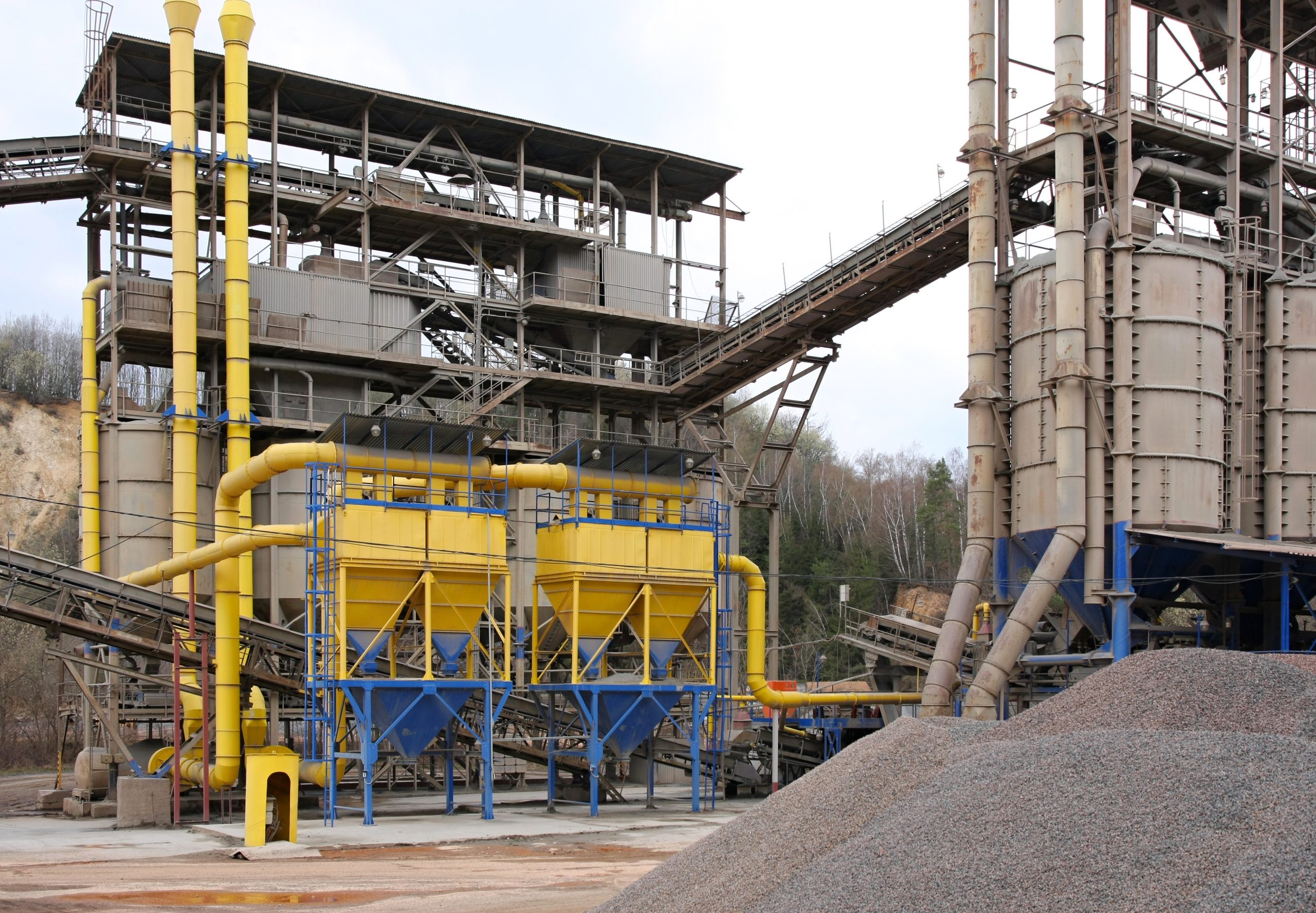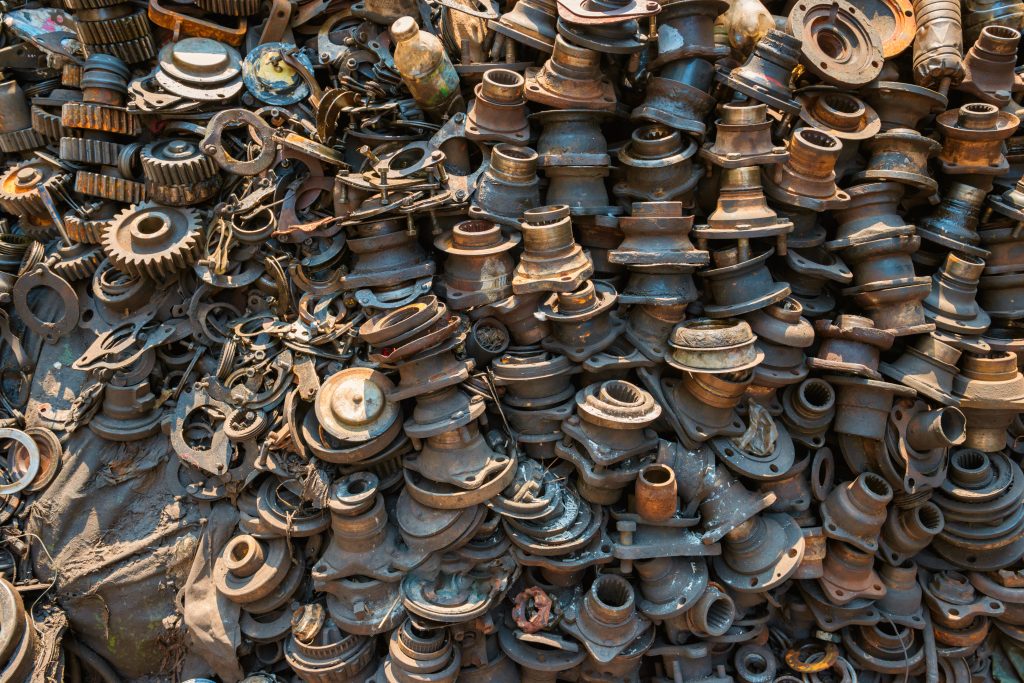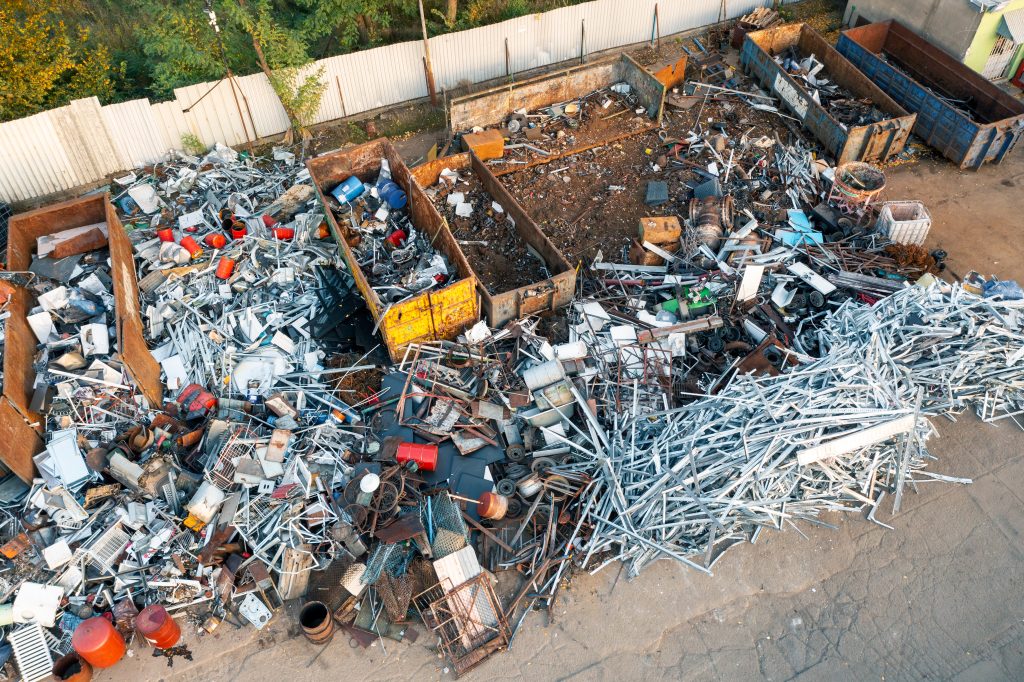
Many industrial facilities are required to receive coverage under the Multi-Sector General Permit (MSGP). The MSGP is under the federal and designated local state authorities of the National Pollutant Discharge Elimination System (NPDES) program. Industrial activities that fall under the scope of the MSGP regulations, may be required to obtain MSGP coverage to comply with environmental regulations and prevent stormwater pollution.
The MSGP applies to 29 unique industrial sectors aligned to distinct types of industries.

The Environmental Protection Agency (EPA) has further divided some of the 29 sectors into more specific and detailed permit subsectors. All 29 sectors and subsectors outline many of the explicit best management practices (BMPs) and monitoring requirements that are required within the permit.
Industrial facilities that are covered by the MSGP are required to develop and implement a Stormwater Pollution Prevention Plan (SWPPP). A SWPPP is a living document that identifies potential sources of pollution outlining the BMPs that can help control or prevent stormwater runoff at the industrial facility from contaminating waterways.
The SWPPP must be developed in accordance with the requirements of the MSGP and must be updated every year or when there are changes in operations that could impact stormwater discharges. The MSGP also requires facilities to conduct regular monitoring and reporting of their stormwater discharges to ensure compliance with permit limits and requirements.
Once an MSGP is in place, an industrial facility may implement many types of BMPs. Here are several particularly important, but not limited to, industrial activities that may require BMPs implemented to control pollutants in stormwater.
- Developing spill prevention and response plans to minimize the potential for hazardous material spills and to efficiently respond to any accidental spills that may occur.
- Implement strategic measures to control the use of hazardous substances and chemicals.
- Good Housekeeping measures should be proactively implemented. An industrial facility should ensure that the facility is well-maintained and responsibly managed to prevent and eliminate illicit discharges of pollutants into local water bodies.
- It is important to have a cadence to education and awareness activities for staff members. In doing so, the consistency in educating others ensures staff members are adequality instructed on the importance of managing stormwater discharge.

It is important for industrial facilities to do their best to manage and implement the specific industrial site identified BMPs to ensure responsible and sustainable practices in their operations. Over the next several weeks, we will review the most common BMPs for a particular industrial facilities stormwater management strategy.
KCI can help you implement cost saving environmental best management practices to prevent hazardous conditions from stormwater exposure. Contact us today, 888-346-7779.



